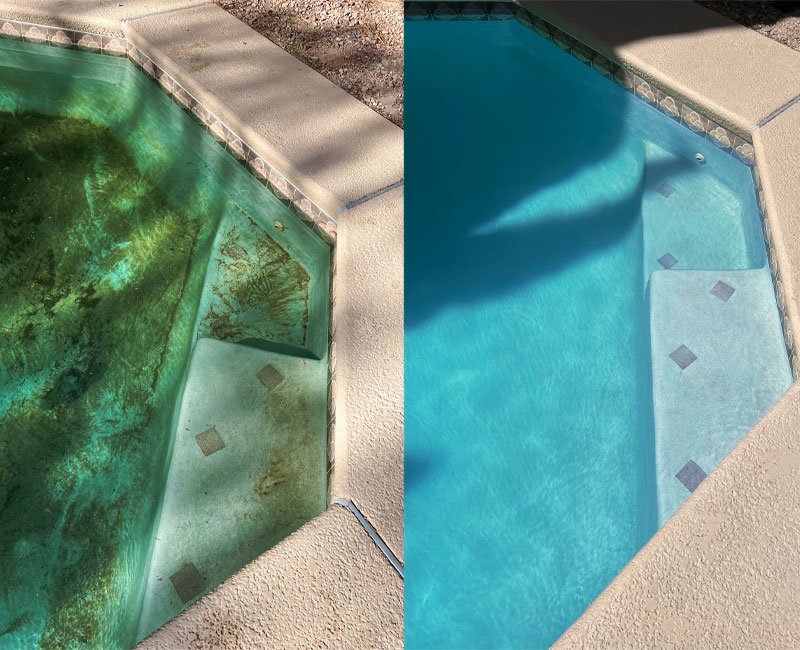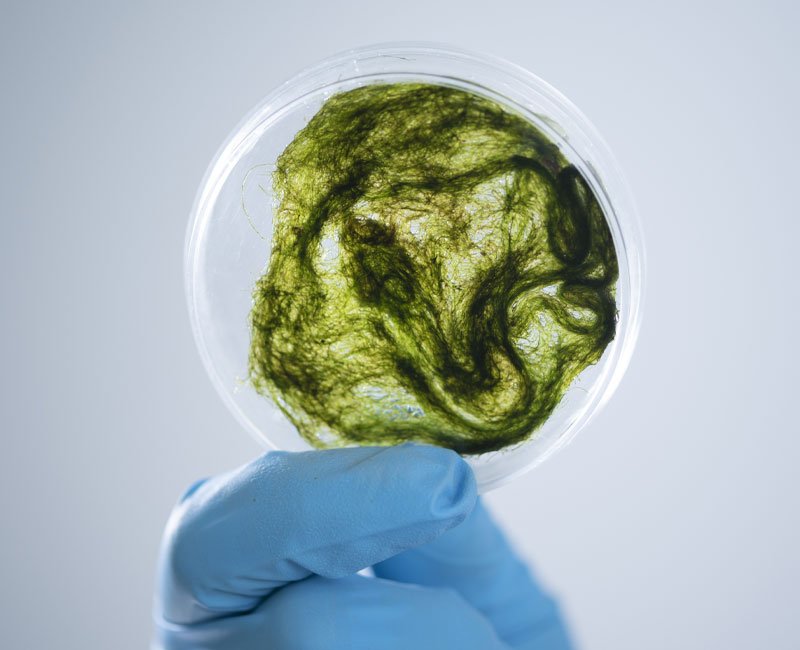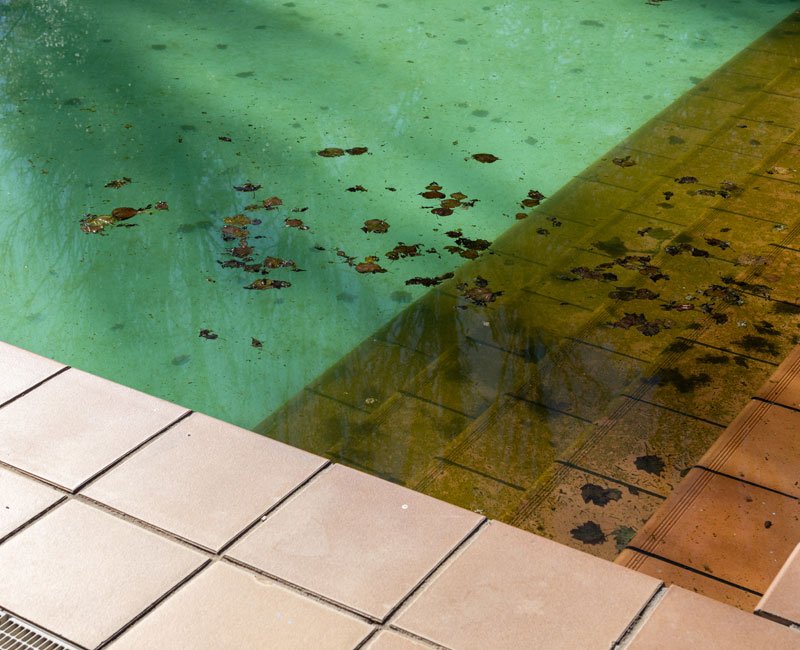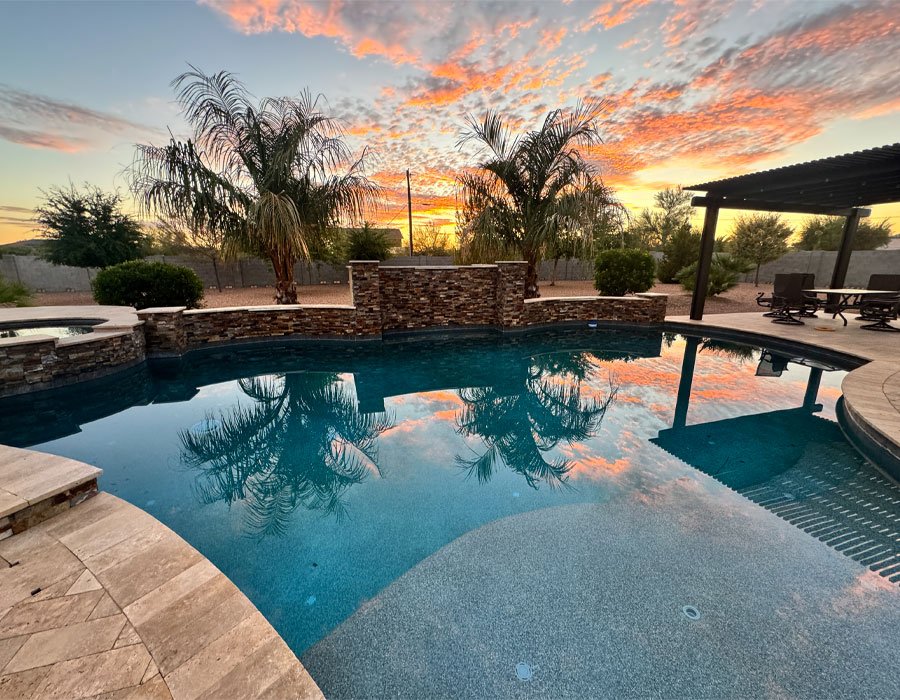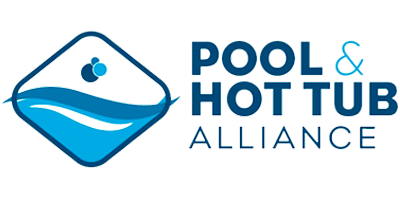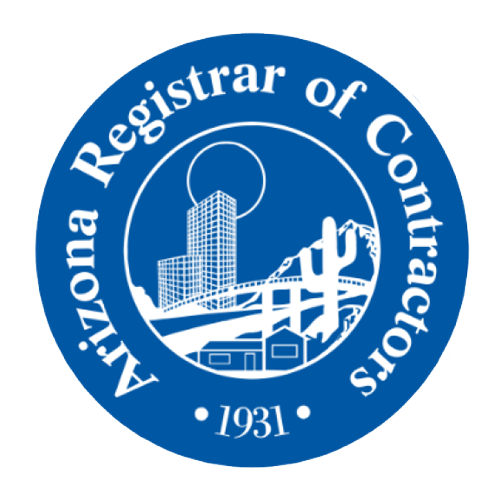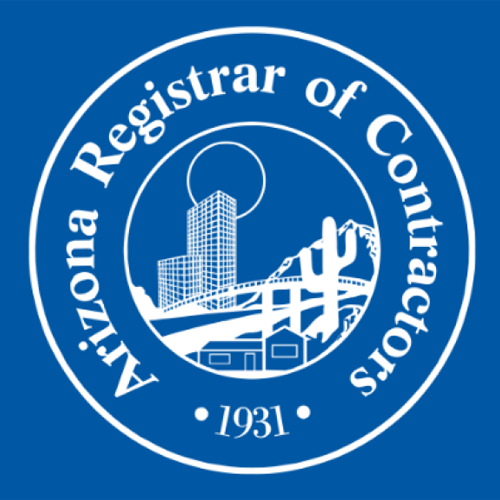Frequently Asked Questions
How do local pool service companies algae removal methods differ in Spring TX?
Local pool service companies in Spring, TX, differ in their algae removal methods primarily through the types of chemicals used, equipment employed, and specific techniques tailored to local water conditions and climate, ensuring effective and safe cleanup.
How can poor water quality signal underlying issues that require pool restoration?
Poor water quality can indicate underlying issues that necessitate pool restoration. Factors like imbalanced chemicals, persistent algae growth, or equipment malfunction may compromise safety and hygiene, signaling the need for professional intervention to restore your pool's health and usability.
How does Never Green Pool Service handle algae removal compared to other companies?
Never Green Pool Service excels in algae removal by utilizing advanced techniques and customized chemical treatments, ensuring thorough cleaning and prevention. This tailored approach sets us apart from other companies, leading to quicker, more effective results for your pool.
What techniques are used for algae removal?
The techniques used for algae removal include shock chlorination, brushing the pool surfaces, and using algaecides, along with thorough filtration and regular maintenance to prevent future growth.
How often should pools be cleaned?
The frequency of pool cleaning is essential for maintaining a safe swimming environment. Pools should typically be cleaned at least once a week, but more frequent cleaning may be necessary for heavily used pools or during warmer months to prevent algae growth and ensure water clarity.
What causes green pool water issues?
The causes of green pool water issues are primarily due to algae growth, which occurs when the water is not properly balanced or sanitized. Factors such as insufficient chlorine levels, poor filtration, and lack of regular maintenance contribute significantly to this problem.
How can I prevent algae growth?
Preventing algae growth involves maintaining proper water chemistry, regularly cleaning your pool, and ensuring adequate filtration and circulation. Additionally, using algaecides and keeping the pool covered when not in use can significantly reduce algae development.
What are signs of poor water quality?
The signs of poor water quality include cloudy or green water, unpleasant odors, and the presence of algae or debris. Additionally, imbalanced pH levels and high chlorine readings can indicate problems, making the pool unsafe for swimming.
How does chemical balancing affect pool health?
Chemical balancing is crucial for maintaining pool health as it ensures optimal water quality, prevents algae growth, and protects swimmers from harmful bacteria. Properly balanced chemicals also prolong the lifespan of pool equipment and surfaces.
What equipment is essential for pool maintenance?
The essential equipment for pool maintenance includes a skimmer for debris removal, a vacuum for cleaning the pool floor, a brush for scrubbing walls, test kits for water chemistry, and a reliable filter system to keep the water clean and clear.
How long does algae removal take?
The duration of algae removal can vary based on the pool's size and the severity of the algae growth. Typically, the process takes between 24 to 72 hours to effectively restore your pool to a clean and safe condition.
What are the costs of algae removal services?
The costs of algae removal services vary based on pool size and severity of the algae problem. Typically, prices range from $150 to $400, depending on the specific treatments and maintenance required to restore your pool to a safe condition.
How can I maintain clear pool water?
Maintaining clear pool water involves regular cleaning, proper chemical balancing, and consistent filtration. Ensure you test the water weekly, adjust pH and chlorine levels as needed, and remove debris to keep your pool safe and inviting.
What are the benefits of professional pool cleaning?
The benefits of professional pool cleaning include ensuring a safe swimming environment, preventing algae growth, extending the lifespan of pool equipment, and saving you time and effort. Regular maintenance by experts keeps your pool clean and enjoyable year-round.
How does weather impact pool maintenance?
Weather significantly impacts pool maintenance. Rain can dilute chemicals, while high temperatures may increase evaporation and algae growth, necessitating more frequent cleaning and chemical adjustments to keep pools safe and swim-ready.
What should I do after algae removal?
After algae removal, it’s essential to balance your pool’s chemicals, run the filtration system continuously, and regularly brush the surfaces to prevent regrowth. Additionally, consider scheduling routine maintenance to keep your pool clean and safe.
How can I test my pool water quality?
Testing your pool water quality involves using a pool water testing kit or strips to measure pH, chlorine, alkalinity, and other chemicals. Regular testing ensures safe swimming conditions and helps maintain your pool's overall health.
What are common algae types in pools?
The common algae types found in pools include green algae, which is the most prevalent, black algae, known for its resistance to treatment, and yellow or mustard algae, which can thrive in warmer conditions.
How does filtration affect pool cleanliness?
Filtration plays a crucial role in maintaining pool cleanliness by continuously removing debris, contaminants, and algae from the water. Effective filtration ensures that the pool remains clear and safe for swimming, preventing the buildup of harmful substances.
What is the best time for pool cleaning?
The best time for pool cleaning is typically in the early morning or late afternoon. This allows for cooler temperatures and less direct sunlight, ensuring effective chemical application and minimizing evaporation during the cleaning process.
How can I identify underlying pool issues?
Identifying underlying pool issues involves regularly checking for signs like unusual water color, persistent algae growth, and equipment malfunctions. Conducting water tests and monitoring chemical levels can also help pinpoint problems before they escalate.
What are the risks of untreated algae?
The risks of untreated algae include health hazards such as skin irritation and respiratory issues, as well as potential damage to pool equipment and surfaces. Additionally, untreated algae can lead to unsightly appearances and unsafe swimming conditions.
How do I choose a pool service company?
Choosing a pool service company involves considering their experience, customer reviews, service offerings, and pricing. Look for a provider with expertise in green pool cleanups, like Luna Pool Service, to ensure your pool is safe and well-maintained.
What is the process for restoring pool water?
The process for restoring pool water involves several key steps: first, we conduct water testing to assess chemical levels, followed by balancing the chemicals, cleaning the pool surfaces, and inspecting the equipment to ensure everything is functioning properly.
How can I improve my pools circulation?
Improving your pool's circulation involves ensuring the pump and filter are functioning efficiently, regularly cleaning skimmers and baskets, and adjusting return jets for optimal water flow. Additionally, consider running the pump longer to enhance circulation.
What are the environmental impacts of pool chemicals?
The environmental impacts of pool chemicals can be significant, as they may contaminate local water sources, harm aquatic life, and contribute to soil degradation if not managed properly. Responsible usage and disposal are essential to minimize these effects.
How do seasonal changes affect pool maintenance?
Seasonal changes significantly affect pool maintenance. During warmer months, pools require more frequent cleaning and chemical balancing due to increased algae growth, while cooler months may necessitate winterizing procedures to prevent damage and maintain water quality.
What should I know about pool safety?
Pool safety is essential for preventing accidents and ensuring a secure swimming environment. Always supervise children, maintain proper chemical balance, and regularly inspect pool equipment to keep your pool safe and enjoyable.
How can I extend the life of my pool?
Extending the life of your pool involves regular maintenance, including consistent cleaning, proper chemical balancing, and timely equipment inspections. Additionally, covering your pool when not in use can protect it from debris and harsh weather conditions.
What are the latest trends in pool cleaning?
The latest trends in pool cleaning include the use of automated robotic cleaners, environmentally friendly cleaning chemicals, and smart technology for monitoring water quality. These innovations enhance efficiency and effectiveness in maintaining clean, safe swimming pools.
